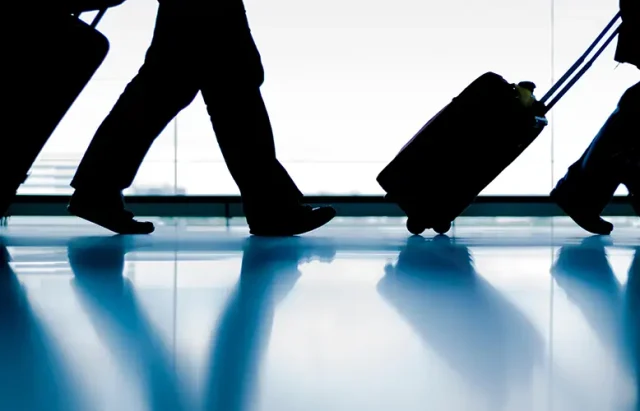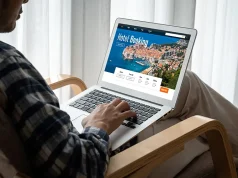
Travelling for work can feel overwhelming, but it doesn’t have to be. Whether you’re flying for the first time or have travelled many times for business, preparing for a work trip requires some planning. From booking a place to stay to packing, each step is important for a smooth journey. Being proactive, organized, and thoughtful can make your trip more enjoyable and productive.
As you look forward to your next business trip, think about what matters to you and how to make the most of your time away from the office. A little preparation can reduce stress and improve your overall experience. Here are some tips for preparing for a work trip effectively.
Choosing the Right Place to Stay
Where you stay can greatly affect your work trip. Look for hotels that are comfortable and offer business-friendly amenities, like high-speed internet and meeting rooms. Some hotels also provide breakfast and shuttle services, which can save you time.
When booking, consider the proximity of the hotel to your meeting locations. Nearby corporate stays can reduce travel time and help you settle in without feeling rushed. Corporate rates may be available, helping to lower costs while ensuring a good experience.
Many hotels that cater to business travellers have staff who understand your needs. They can help with last-minute printing requests or flexible check-in times, which can make a big difference.
Packing Smart
Packing wisely can make your work trip easier. Begin by creating a checklist for your trip. Include essential items such as business attire, travel documents, chargers, and presentation materials. Remember, less is often better; bring versatile clothing that works for both meetings and after-work events.
Technology is crucial during business trips. Ensure you have the correct devices, such as laptops and tablets, along with their chargers. Noise-cancelling headphones can be helpful during flights, and portable chargers can keep your devices powered throughout busy days.
Managing Your Time
Effective time management is crucial for corporate travel. Use a digital calendar to plan your itinerary. Block out time for meetings, meals, and personal downtime. Set reminders for your travel plans, such as departure times and check-in deadlines, to avoid last-minute rushes.
Take some time to explore the local area. Step outside your hotel for a meal or check out nearby attractions. Balancing work and leisure can refresh you and improve your overall experience.
Staying Healthy
Staying healthy while travelling is essential. Pack a health kit with hand sanitizer, basic medications, and healthy snacks. Eating nutritious meals will give you the energy you need during busy travel days.
Remember to stay active, too. Try simple exercises in your hotel room or go for a run in the area to keep your energy up and your mind sharp. Many hotels offer fitness facilities or partnerships with local gyms, so take advantage of these.
Navigating the Events
Prepare for meetings or events on your corporate travel schedule. Research the people you’ll meet to understand their roles and interests. Prepare your presentation materials in advance and keep backups on multiple devices in case of technical issues.
Knowing the agenda will help you stay engaged and contribute. Bring a notebook or use a note-taking app to jot down important points during meetings.
Understated Networking
A business trip offer numerous networking opportunities, whether at formal events or casual dinners. Treat networking as a natural conversation, not a forced task. Talking with colleagues and new contacts can lead to future collaborations.
Consider having lunch with a coworker or attending local industry events. Informal settings often make conversations easier and help form real connections.
Embracing Cultural Differences
If you travel internationally, it’s helpful to be aware of local customs. Researching cultural norms will prepare you for different situations and show respect during interactions. Learning a few phrases in the local language can also help build rapport.
Stay open to new experiences and appreciate differences. Each destination has its own unique culture, which can enrich both your personal and professional life.
Documenting Your Journey
Finally, take notes or journal during your travels. Documenting your experiences helps you remember what you learned and reflects on your journey. It’s a great way to keep memories alive and see how your travels influence your career.
Throughout your travel plans, remember that finding balance is key. With the right approach, corporate travel can be enjoyable and rewarding.





